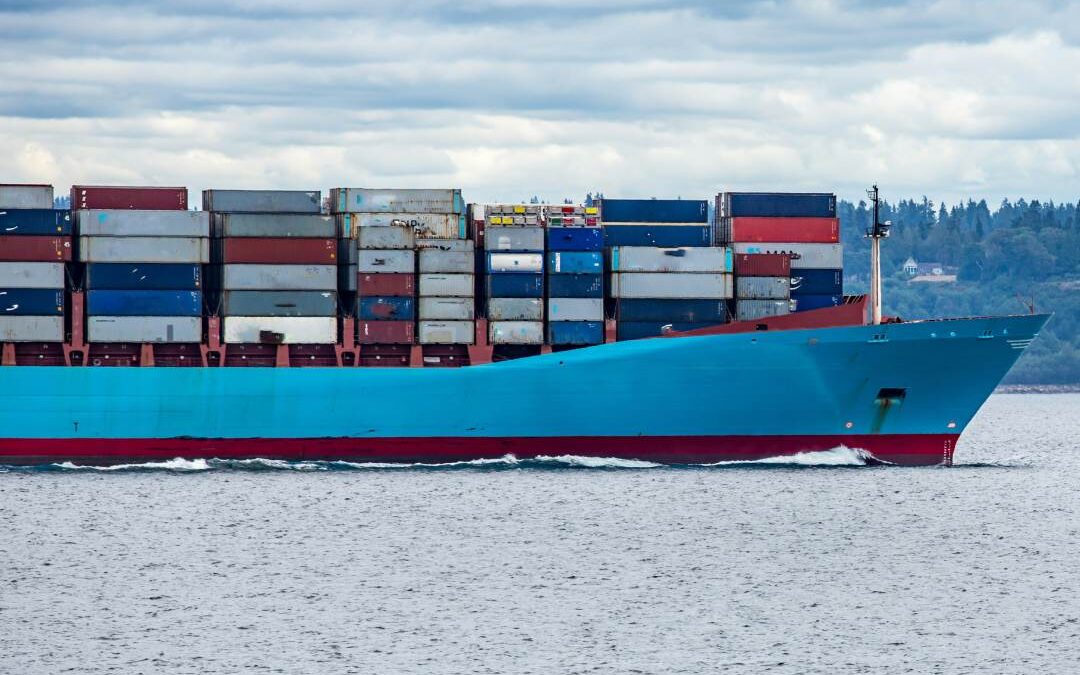Will Europe Launch Carbon Tax on LNG Imports?
The EU launched its carbon border adjustment mechanism (CBAM) in October 2023, initially targeting specific industries like steel and aluminum. While LNG isn’t included for now, the bloc has extended its Emissions Trading Scheme (ETS) to shipping.
The European Union’s (EU) push for cleaner energy could significantly impact the global Liquefied Natural Gas (LNG) market. While LNG is currently exempt from the EU’s carbon border tax, the bloc is considering including it in the future, potentially leading to a two-tiered market with higher prices in Europe.
The EU launched its carbon border adjustment mechanism (CBAM) in October 2023, initially targeting specific industries like steel and aluminum. While LNG isn’t included for now, the bloc has extended its Emissions Trading Scheme (ETS) to shipping, meaning LNG deliveries in Europe will incur a carbon tax starting in 2024.
This raises the possibility of a future LNG tax based on carbon emissions. Analysts at Wood Mackenzie believe the EU could include LNG in CBAM, creating a significant price difference between Europe and emerging Asian markets like China and India, which are unlikely to impose similar taxes.
However, the EU faces a balancing act. Currently, the bloc relies heavily on LNG imports, and a significant tax hike could threaten energy security. The question remains: can Europe juggle its climate goals with the need for reliable energy sources?
This potential tax could benefit LNG exporters with lower emissions, like Qatar, which is planning a major capacity expansion. Such producers might be lured away from Asian markets by high European prices.
On the other hand, high-emission producers like the United States would face pressure to reduce emissions to remain competitive. Ultimately, the success of widespread emission reduction in the LNG industry hinges on the scope and scale of future taxes.
According to Wood Mackenzie, a tax implemented solely by Europe wouldn’t achieve large-scale decarbonization. Instead, it might simply create a divided LNG market.
The EU’s decision on including LNG in its carbon border tax will have global ramifications. As the bloc grapples with its climate ambitions and energy needs, the future of the LNG market hangs in the balance.
Also Read
UK to Implement Carbon Import Levy on Certain Goods by 2027

